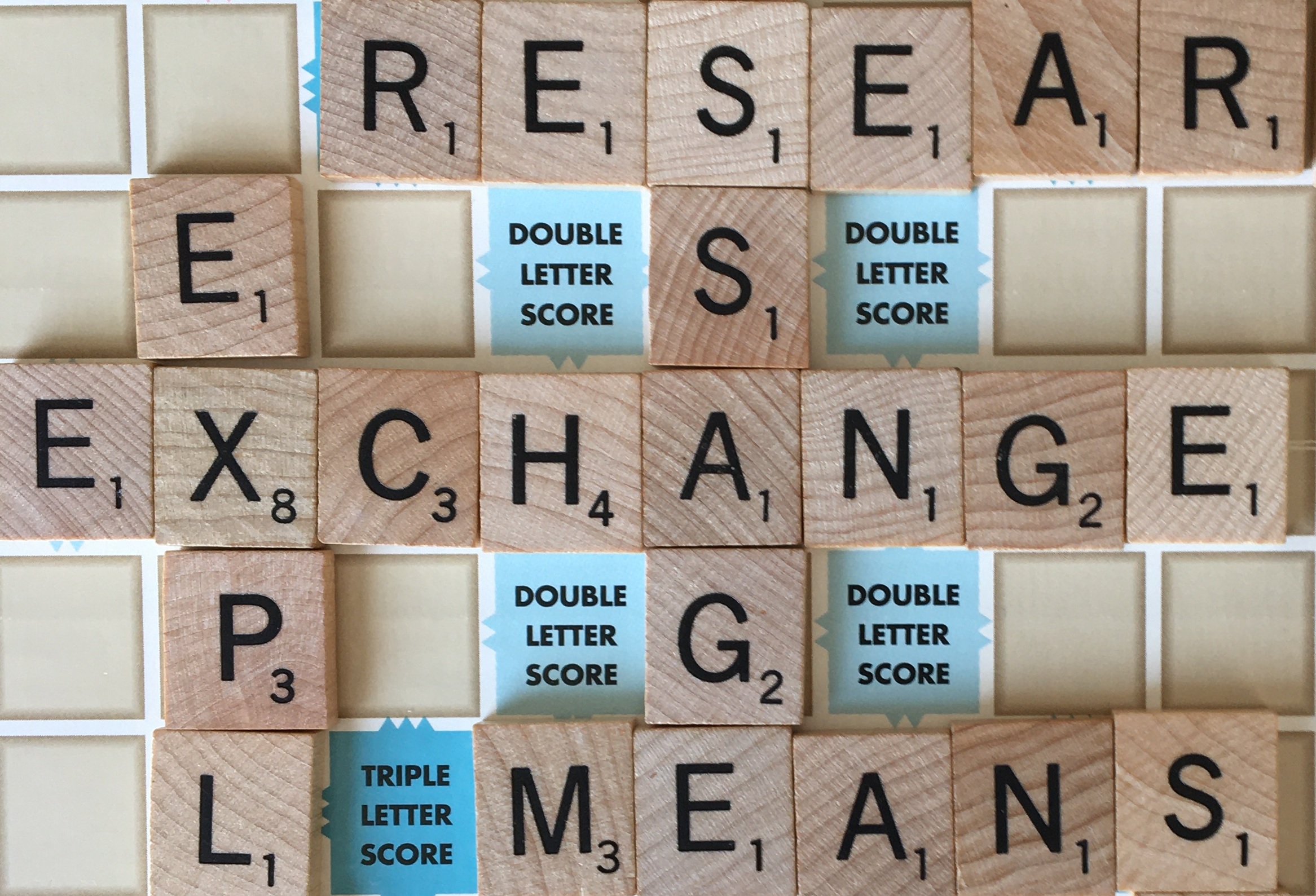Background on Text
In the previous post, you learned the functional-linguistic definition of Information. Basically, Information is the measure of how familiar a matter is to the reader; and also, Information is deployed through a clause by just the same functions which serve to comprise the clause, that is, Information is partitioned into units as Participant or Process or Circumstance. These functions, you might say, double up as clausal units and as informational units.
Right, so now you've seen that the deployment of Process and Participant is there essentially to tell readers the who-did-what Information of a clause. But quite often, this Information will already be familiar to the reader, at least to some degree, because the really new information actually comes through the facts or the conditions connected with a Process or connected with a Participant. In other words, you, as the reader of a paper, will normally be able to expect which event or action the verb depicts, and you normally will be anticipating, too, just who or what does the verb — I mean, these matters are all quite foundational to the topic of the text. So, what I'm saying is, yes, the verb and its nouns are required for the basic meaning of the clause, but this very fact also makes the verb and its nouns, from your standpoint as reader, actually quite predictable.
Therefore, the thing that you, as reader, will be far less able to know will be the precise circumstances under which the Participant enters in the Process. That is why it is quite common for a Circumstance of the clause to tell you what you're trying to find out. And where do Circumstances come in a clause? Well, as you've seen, off the center and in the periphery. That's why it's at the endings of clauses that the detailed information often piles up, and that's why, too, the ending of a clause is the place a reader'll go to learn just how or why or where and when the Participant has done the Process.
Taken together, all this means that while the Circumstance is indeed peripheral to clause grammar, the Circumstance can be quite central to the Information of a clause. In short, Circumstances count for a lot in the system of Given-New.
To show you just how all this looks in real text, I invite you once again to another download, right here.
Please email comments or questions to daniel.shea∂kit.edu
This blog is for you.

